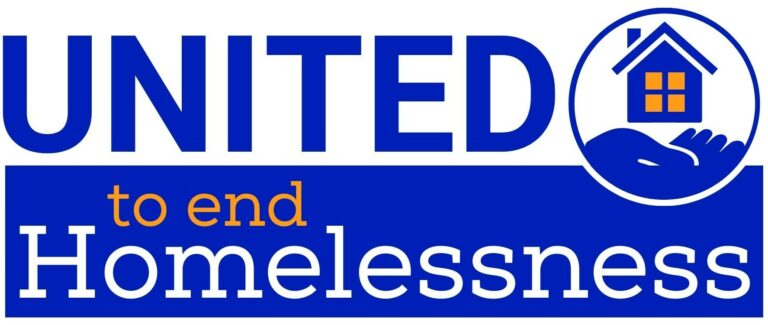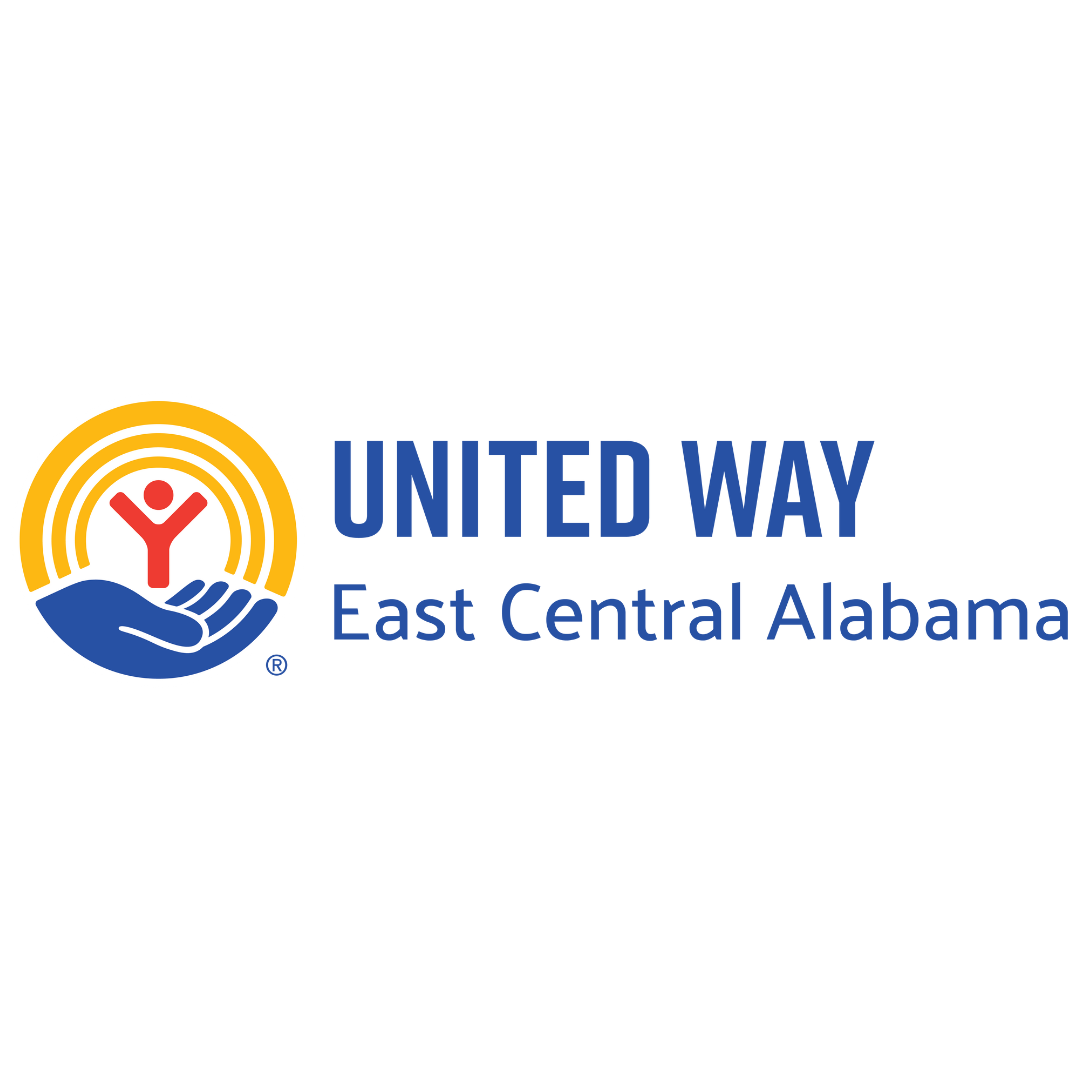
According to the Department of Housing and Urban Development, people are homeless if they sleep outside, in a place not meant for human habitation, such as a car or abandoned building, or in an emergency shelter or transitional housing program. Among those considered homeless, there are different types of homelessness, ranging from transitional to chronically homeless. Chronically homeless people have experienced homelessness for at least a year — or repeatedly — while struggling with a disabling condition such as a severe mental illness, substance use disorder, or physical disability. In contrast, transitionally homeless individuals become homeless due to a significant life change or catastrophic events such as divorce, job loss, substance misuse disorder, health condition, or family crisis. Transitional homelessness is the most common type of homelessness. Indeed, only 17% of those who are homeless are chronically homeless. Most are actively working but are unable to afford housing. Thus, they depend on emergency and transitional housing facilities such as Martha’s Hope.
To determine federal funding, each year The Department of Housing and Urban Development conducts a Point-in-Time (PIT) count of homeless individuals within Continuums of Care (COC) across the United States, which are geographically defined regions. During the PIT count, volunteers have 24 hours to count as many homeless individuals within their COC as possible. During this year’s PIT count, our COC, the Homeless Coalition of Northeast Alabama, identified 147 homeless individuals in Calhoun County. Early data indicates that approximately 111 of those individuals will be considered by HUD to be chronically homeless. Unfortunately, this represents an increase in chronically homeless in our area from last year’s PIT count, where approximately 68 were chronically homeless. The need for an emergency and transitional housing facility like Martha’s Hope in Calhoun County has never been greater.
If you would like more information about Martha’s Hope, please contact:
Kyle Bryan, Outreach Coordinator
United to End Homelessness
256-848-7755
kbryan@uweca.org



